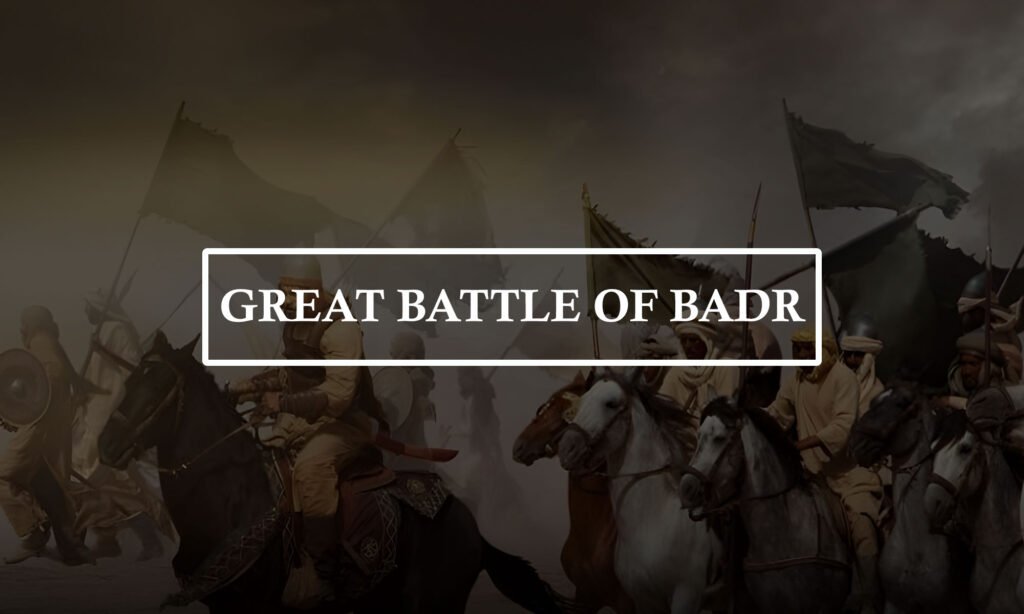
The Battle of Badr: A Story of Faith, Courage, and Divine Help
Introduction
The Battle of Badr is one of the most significant battles in Islamic history. It was not just a military confrontation but a test of faith, perseverance, and divine support. This battle, fought on 17th Ramadan in 2 AH (624 CE), was the first major battle between the Muslims of Medina, led by Prophet Muhammad (PBUH), and the Quraysh of Makkah. Despite being vastly outnumbered, the Muslims emerged victorious, proving that faith and unity could overcome even the strongest of enemies.
The Background: The Struggle for Survival
1. Persecution in Makkah
Before the migration to Medina, Muslims in Makkah faced extreme persecution. The Quraysh, the ruling tribe of Makkah, were determined to suppress the message of Islam. Many early Muslims were tortured, imprisoned, and even killed for their beliefs.
2. The Hijrah to Medina
To escape persecution, Prophet Muhammad (PBUH) and his followers migrated to Medina. However, the Quraysh did not stop their hostility and continued to threaten the Muslims. They also seized the properties of the emigrants and plotted to destroy Islam completely.
3. The Caravan and the Call to Battle
In 624 CE, the Muslims learned that a large trade caravan, led by Abu Sufyan, was returning to Makkah from Syria. This caravan was heavily guarded and carried wealth that had been taken from the Muslims. The Prophet (PBUH) decided to intercept it to reclaim what had been unjustly taken. However, Abu Sufyan changed his route and called for reinforcements from Makkah, leading to an all-out war.
The Battle of Badr: A Test of Faith
1. The Muslim Army: Few but Faithful
The Muslims, numbering only 313 soldiers, were poorly equipped. They had only two horses and seventy camels. On the other hand, the Quraysh army had over 1,000 well-armed warriors, including many experienced fighters.
2. The Night Before the Battle
On the night before the battle, the Prophet Muhammad (PBUH) spent the entire night praying to Allah for victory. He raised his hands and said:
“O Allah! If this small group of believers is destroyed today, there will be no one left to worship You on this earth.”
3. The Divine Intervention
As the battle began, Allah sent angels to assist the Muslims. The Quran mentions this in Surah Al-Anfal (8:9-10):
“Remember when you asked for help from your Lord, and He answered you: I will reinforce you with a thousand angels, ranks upon ranks.”
4. The Courage of the Muslims
Despite being outnumbered, the Muslims fought bravely. Some of the most notable companions, including Hazrat Ali (RA), Hamza (RA), and Abu Bakr (RA), showed great courage. The Muslim archers and swordsmen attacked strategically, causing the Quraysh army to panic.
5. The Defeat of the Quraysh
After hours of fierce combat, the Quraysh suffered heavy losses. Many of their leaders, including Abu Jahl, were killed. Seeing their army collapse, the remaining Quraysh warriors fled back to Makkah in defeat.
The Victory: A Turning Point for Islam
The victory at Badr was a turning point in Islamic history. It strengthened the faith of the Muslims and sent a clear message that Allah supports those who stand for truth and justice. It also established Medina as a powerful center for Islam.
1. The Spoils of War
The Muslims gained weapons, horses, and wealth, which helped strengthen their community. The Prophet (PBUH) ordered fair distribution among the soldiers, ensuring justice.
2. The Respect of the Arabian Tribes
Many tribes that once doubted Islam now saw that the Muslims were a rising force. This victory encouraged more people to embrace Islam.
3. The Lessons of Badr
- Faith is stronger than numbers: Despite being outnumbered, the Muslims won due to their faith and unity.
- Allah’s help comes to the believers: The angels assisted the Muslims, proving that divine support is real.
- Leadership and strategy matter: Prophet Muhammad (PBUH) led with wisdom and strategy, ensuring victory.
Conclusion
The Battle of Badr is not just a historical event but a lesson in faith, courage, and perseverance. It teaches us that no matter how strong the opposition is, those who stand for truth and justice will always succeed with Allah’s help.
FAQs
1. Why was the Battle of Badr fought?
The battle was fought because the Quraysh wanted to destroy Islam, and the Muslims aimed to defend themselves and reclaim their stolen wealth.
2. How many Muslims fought in the battle?
Only 313 Muslims participated, while the Quraysh had over 1,000 warriors.
3. What was the role of the angels in the battle?
Allah sent thousands of angels to help the Muslims, as mentioned in the Quran.
4. What happened after the battle?
The Muslims gained wealth, respect, and confidence, while the Quraysh suffered a humiliating defeat.
5. What is the biggest lesson from the Battle of Badr?
The biggest lesson is that faith and unity can overcome any challenge, no matter how powerful the enemy is.
This inspiring story reminds us of the power of faith, courage, and divine assistance. Let us take lessons from it and apply them in our lives! 🙌


















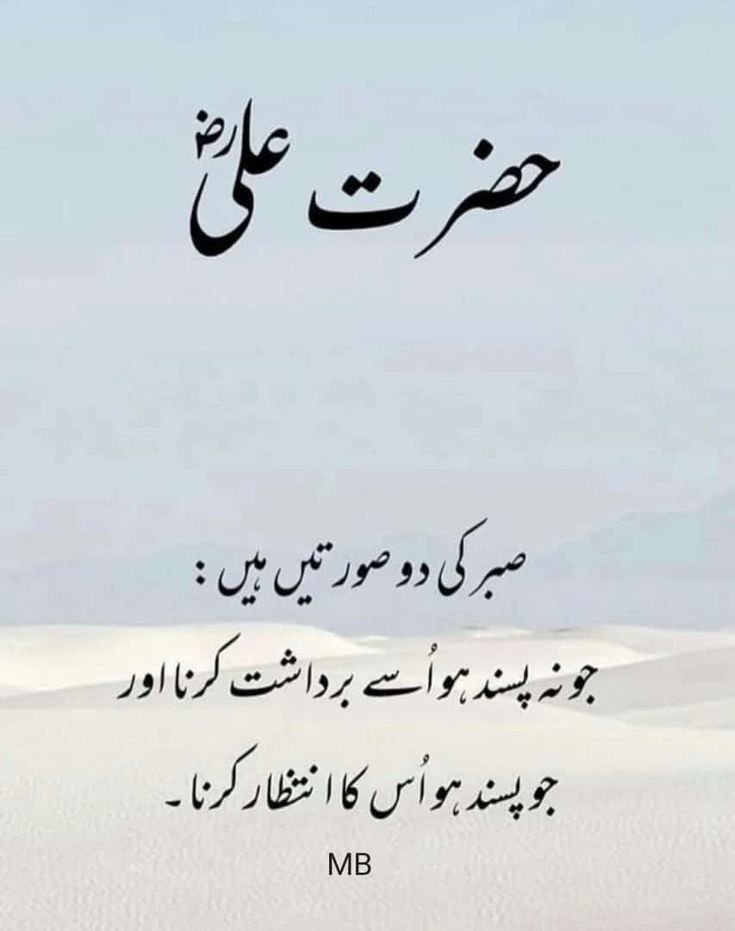









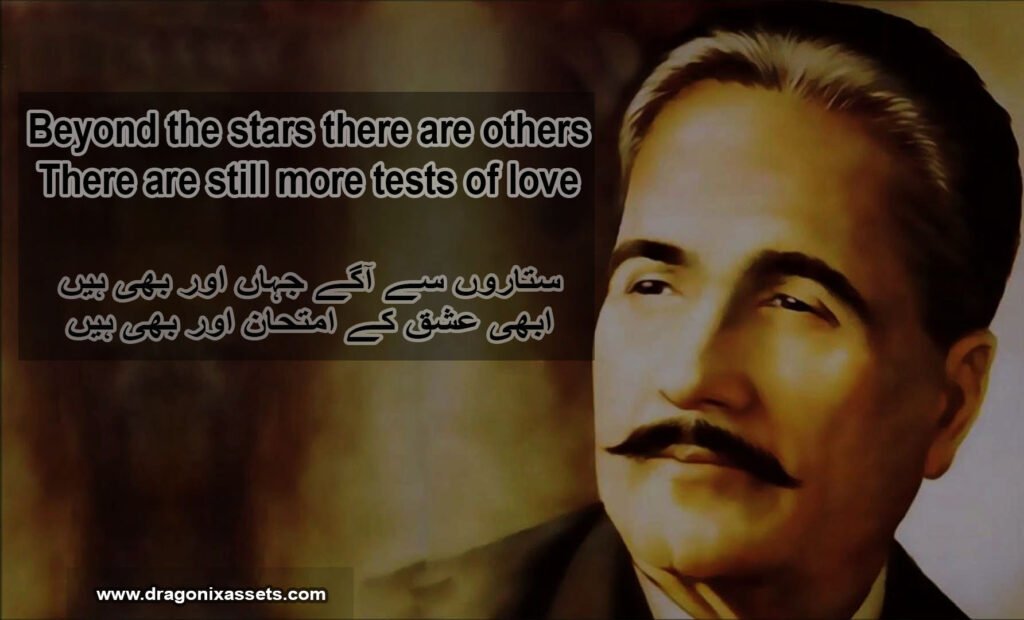
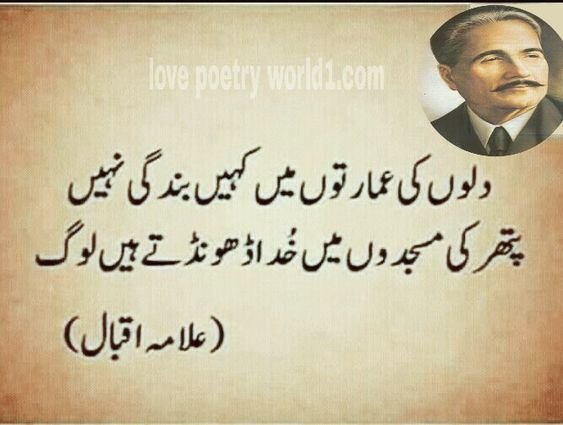
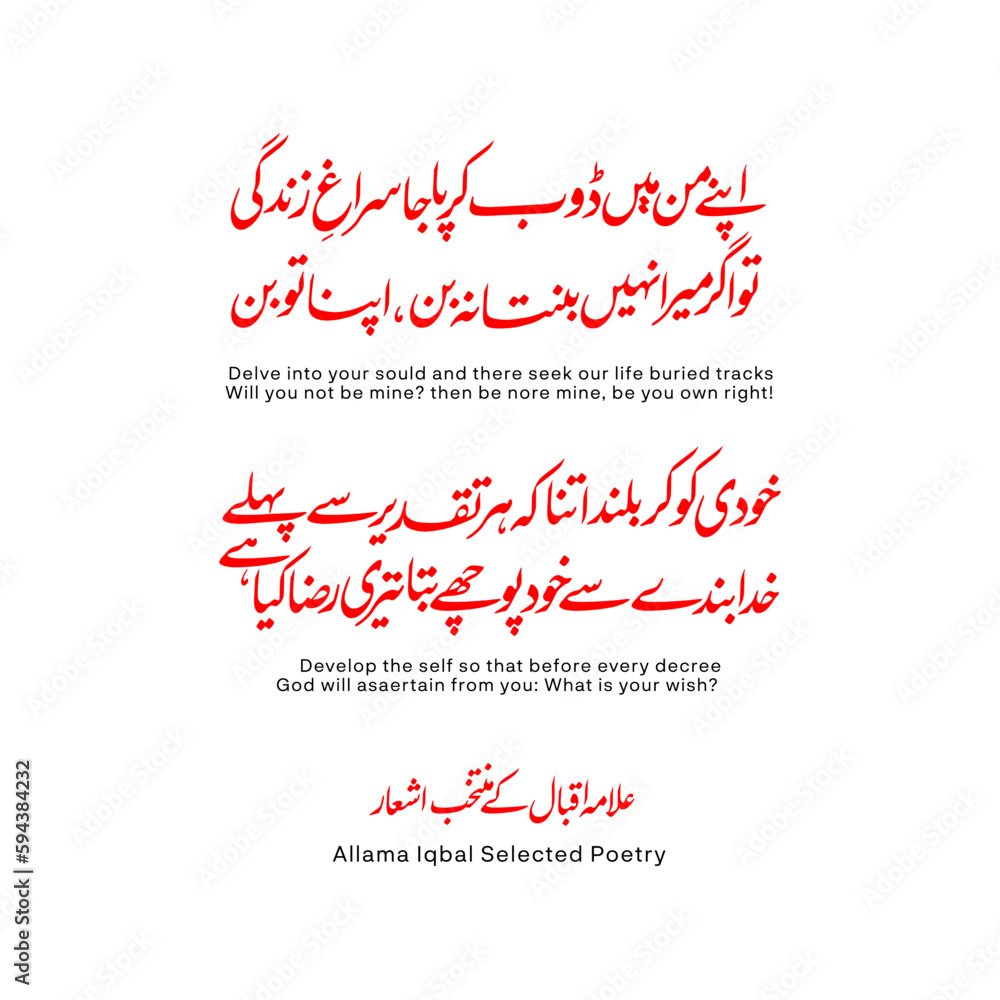
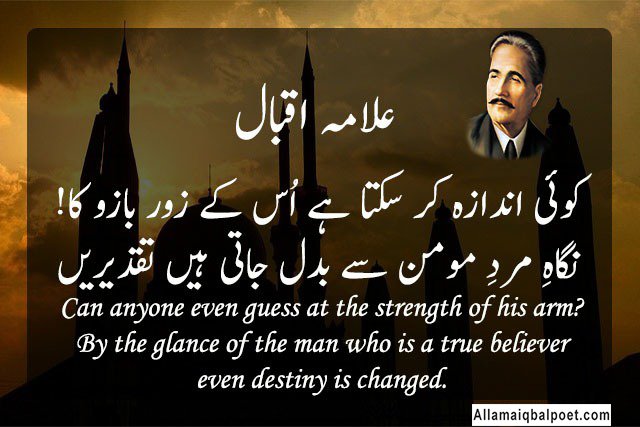
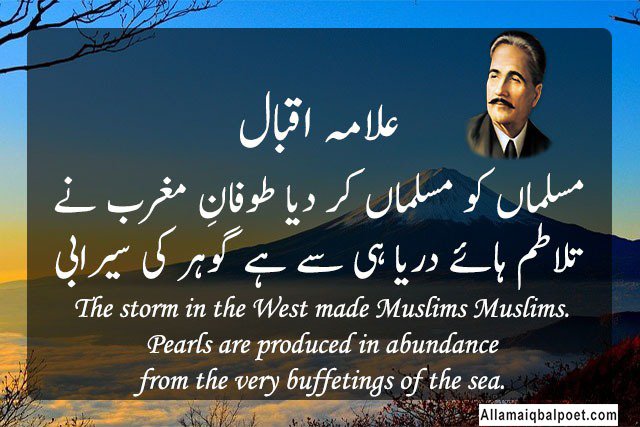

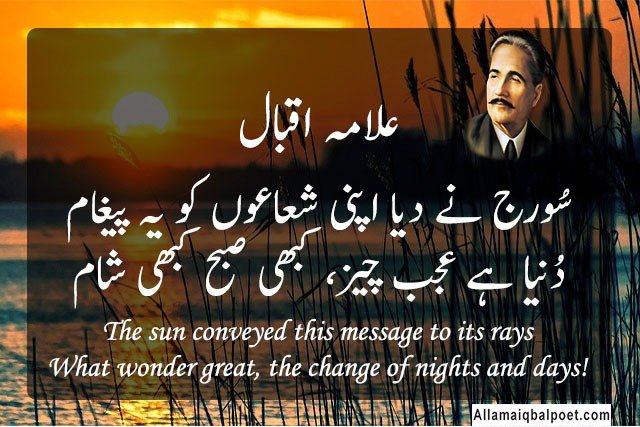

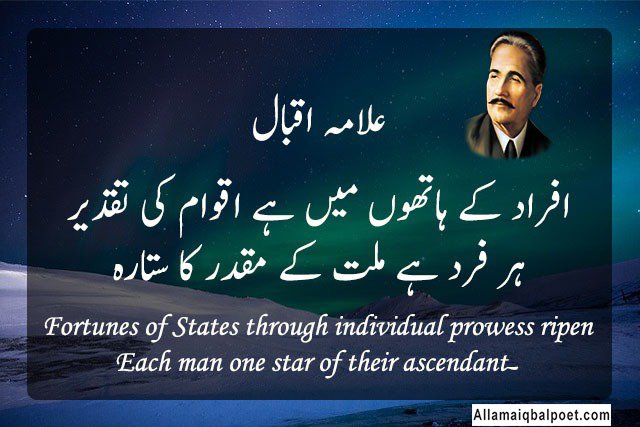
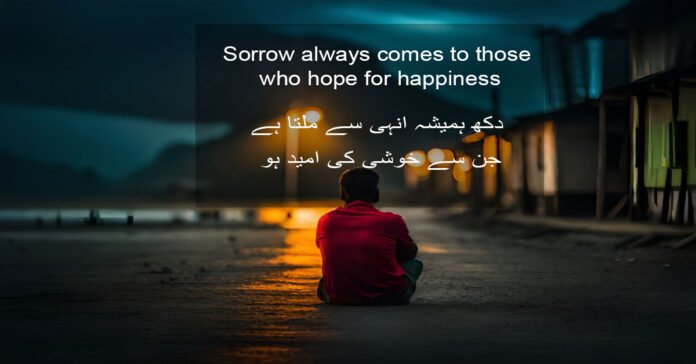









 میں اکیلے ہونے سے نہیں ڈرتا، میرے عزیز
میں اکیلے ہونے سے نہیں ڈرتا، میرے عزیز فور یور پیس آف مائنڈ، ہر چیز کو سمجھنے کی کوشش نہ کریں
فور یور پیس آف مائنڈ، ہر چیز کو سمجھنے کی کوشش نہ کریں زندگی 10% ہے جو آپ کے ساتھ ہوتا ہے، اور 90% آپ اس پر کیا ردعمل ظاہر کرتے ہیں
زندگی 10% ہے جو آپ کے ساتھ ہوتا ہے، اور 90% آپ اس پر کیا ردعمل ظاہر کرتے ہیں

